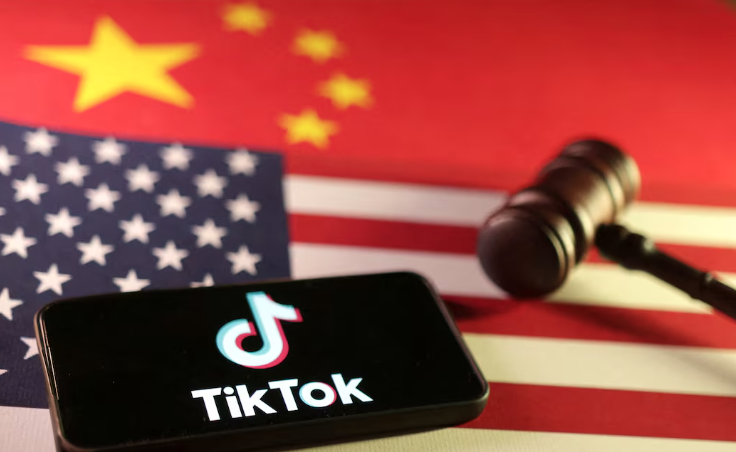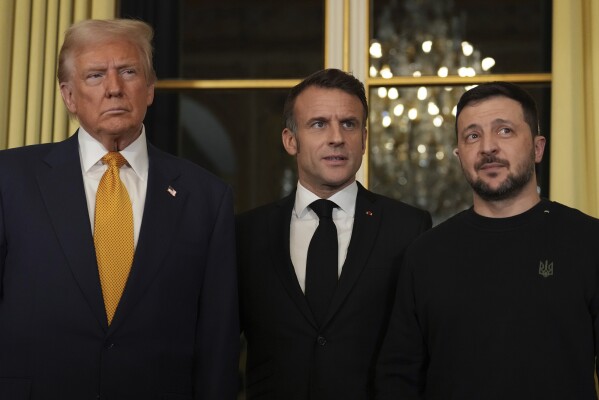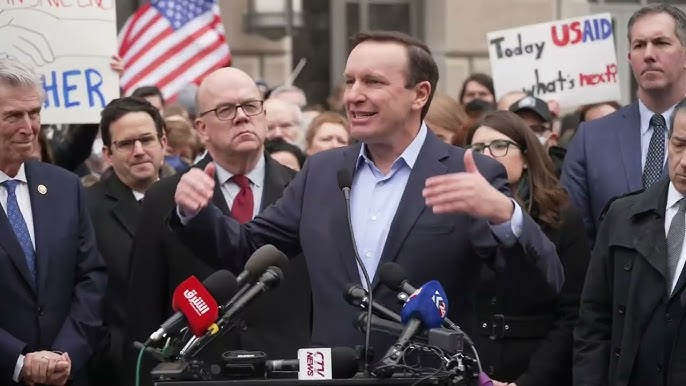WORLD NEWS

The fate of TikTok in the United States is set to be determined by the Supreme Court, as the court hears a case that raises crucial questions about free speech and national security. The case challenges a law passed by Congress last year, which requires TikTok, owned by the Chinese company ByteDance, to be sold by January 19 or face a ban in the United States.
Background of the Case
TikTok, ByteDance, and several users of the app have contested the law, arguing that it violates the First Amendment's protection against government interference with free speech. The law, passed with bipartisan support, was signed into action by President Joe Biden and is now being defended by his administration in the case.
A lower court had earlier dismissed claims that the law infringes on constitutional rights, prompting TikTok and ByteDance to escalate the issue to the Supreme Court. The court’s decision comes amid increasing trade tensions between the U.S. and China and ahead of the presidential transition, as Donald Trump opposes the ban and advocates for a political resolution.
National Security Concerns vs. Free Speech
The case puts the U.S. government's national security concerns against the platform’s free speech argument. The Justice Department has argued that TikTok poses a significant national security threat due to the potential use of Americans' data by China for espionage or to manipulate content for political purposes. With 170 million U.S. users, TikTok collects vast amounts of personal data that could be exploited.
On the other hand, TikTok maintains that the ban would harm its American users, content creators, and advertisers, as well as its 7,000 U.S.-based employees. The company claims the law violates the First Amendment and poses a direct threat to free speech, as TikTok has become one of the most significant platforms for expression in the U.S.
Legal and Political Implications
The case also has wider implications for free speech and foreign influence in the digital age. TikTok’s challengers argue that the law goes against fundamental constitutional protections, warning that it could set a dangerous precedent for the regulation of social media platforms. The platform has become a hub for millions of voices across the U.S., and its removal could have significant implications for content creation and online discourse.
Supporters of the ban, however, argue that TikTok is a tool for foreign espionage and malign influence. With China’s growing presence on the global stage, the U.S. government views TikTok as a potentially dangerous entity that needs to be controlled.
Next Steps and Trump’s Position
The U.S. Supreme Court’s ruling on this matter is expected to have a lasting impact on both TikTok’s operations in the U.S. and the broader debate surrounding free speech in the digital era. While TikTok continues to fight the divestment order, former President Trump has urged the court to delay the January 19 deadline to allow for a political resolution.
With a 6-3 conservative majority in the Supreme Court, including three justices appointed by Trump during his first term, the court’s decision will be watched closely by both proponents of free speech and national security.
Conclusion
The decision by the Supreme Court could shape the future of TikTok in the U.S. and the way foreign-owned social media platforms are regulated in the country. With national security concerns and First Amendment rights on the line, the court’s ruling will have significant legal and political ramifications.




